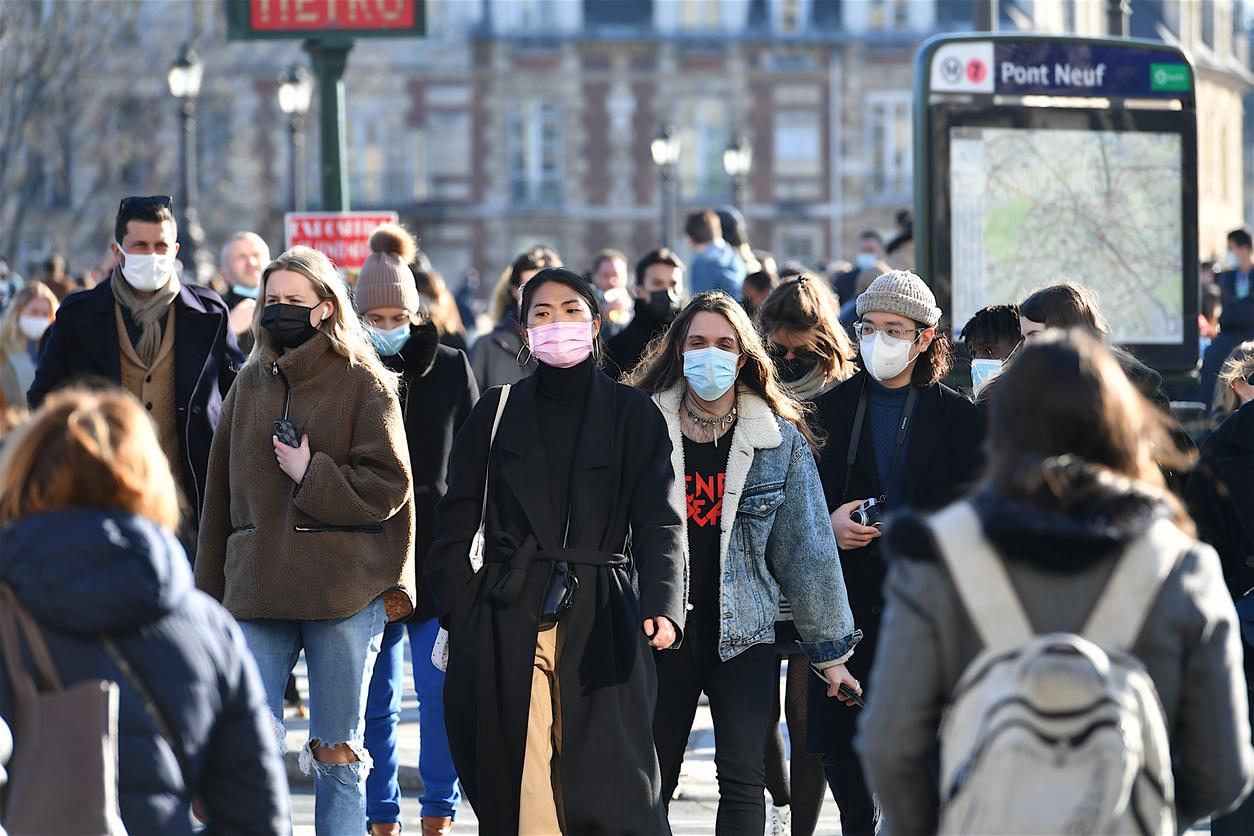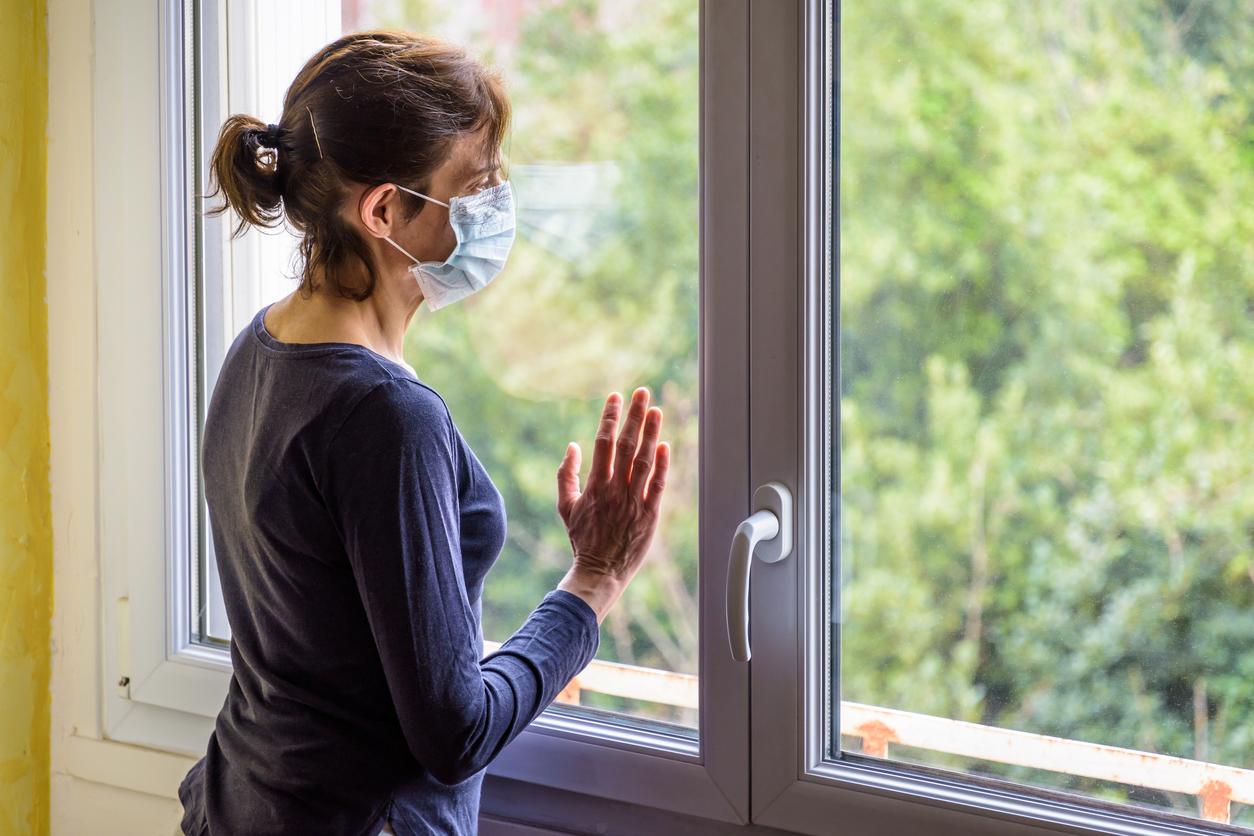Public Health France publishes the figures relating to emergency visits for everyday accidents, down during confinement compared to the same period in 2019.

- The French avoided emergencies for fear of being contaminated with Covid-19 during confinement
- The closure of schools has led to a drop in sports and leisure accidents
- Domestic accidents have increased considerably during confinement
Emergency services recorded a 50% drop in attendance for everyday accidents during confinement, compared to the same period in 2019 (7,115 in 2020 compared to 15,881 in 2019), according to a study by Public Health France.
The fear of being contaminated and overloading the emergency room
Several factors explain this decrease in visits to the emergency room, in particular the fear of being infected with the new coronavirus or of weakening more emergency services, already saturated by the health crisis. Patients therefore preferred to turn to other health professionals.
The closure of schools has also contributed to lowering this figure insofar as a large number of falls, sports or leisure accidents have been avoided. In detail, this drop in everyday accidents in the emergency room mainly concerned 10-14 year olds (-47%) and 5-9 year olds (-26%), but was lower among 2-4 year olds (-10%).
Domestic accidents on the rise
Serious domestic accidents, on the other hand, increased by 20% during confinement among those under 15 and by 5% among those over 45 (in particular because of gardening work). For example, falls have increased by 12% among children aged 2 to 6 and by 15% among those aged 65-84. According to Public Health France, this can be explained by the fact that the French have devoted “more time in housework, with the use of tools or materials that are difficult to use or unknown to some” during confinement.
A 54% increase in emergency room visits was recorded in children under 2 for ingestion of foreign bodies (28 in 2019 compared to 43 in 2020), chemicals (+16%) and burns (+6%) . “The modification of family lifestyles due to confinement (teleworking, continuous monitoring of several children at home, school at home, concern about the disease, etc.) may have modified the behavior of parents vis-à-vis supervision of their children”Public Health France analysis.
.

















